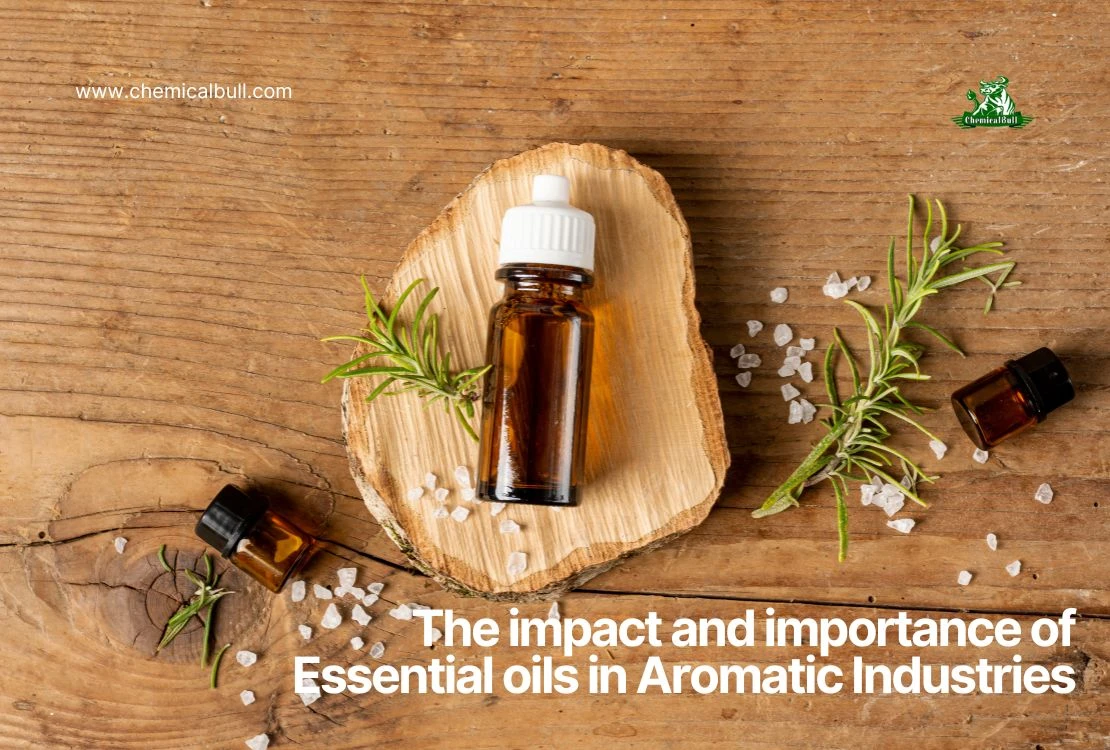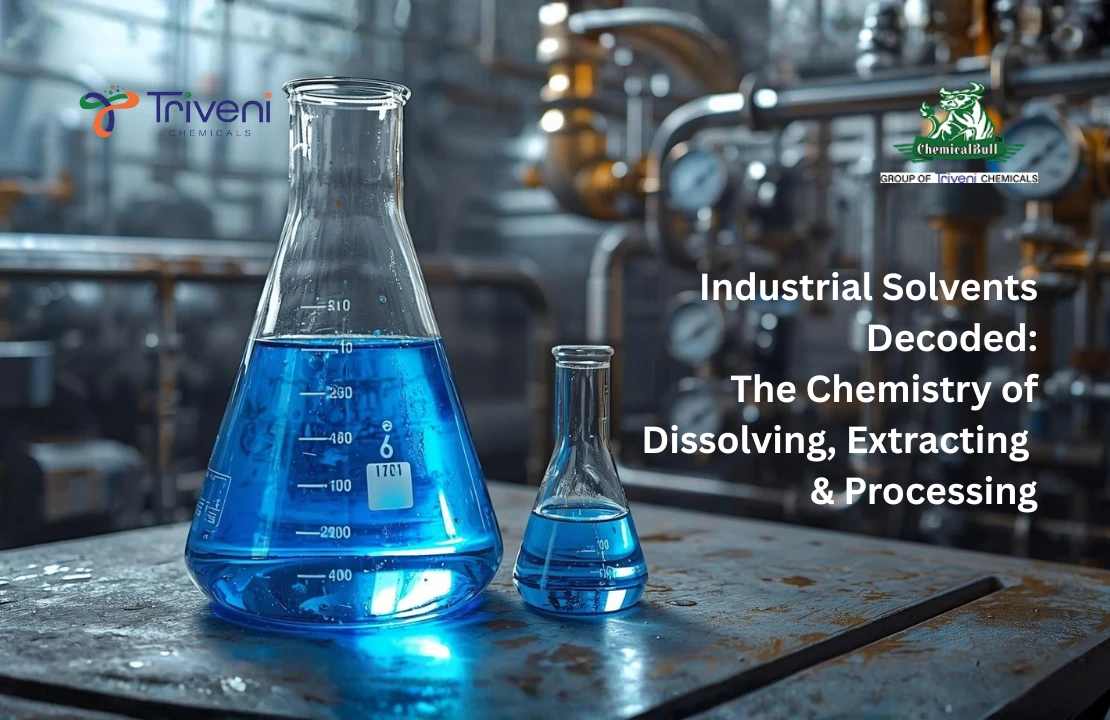The Impact And Importance Of Essential Oils In Aromatic Industries
Introduction
Aroma essential oils play crucial roles in fragrance and flavour, aromatic essential oil and perfume industries due to their excellent characteristics and mixing fixative properties. Essential oils are highly concentrated natural oils or substances extracted from plants, animal fibres, and natural occurrences, including food, bark, resins, etc. Here, we are going to discuss the manufacturing of essential oils, their impact on aromatic industries, utilities in perfume industries, extracting essential oils, their types and other characteristics, and finally, examples of essential oils.
What are essential oils?
Essential oils are the natural plant scent extracted from plants. It is an aromatic chemical compound made from plant scent or essence. Then, unique aroma chemical compounds are added to essential oils and beauty products, skincare products, and other flavoured goods are manufactured. Essential oil suppliers must be cautious while dealing with essential oils, aroma essential oils, chemical essential oils, etc.
Some Examples of Essential oils
Essential oils are of both types, including natural essential oils, extracted from natural resources, and synthetic essential oils, manufactured by replicating artificial solvents, some natural essential oils and other fixative compounds. Some of the real-time examples of natural and synthetic essential oils are as follows:
Role of Essential oils in Aroma Industries
There are numerous roles of essential oils in aroma industries
-
Fragrance generation: Essential oils are important in generating fragrances, flavours, and natural substances in the aroma industry.
-
Delightness and wellness: The essential oils in aroma chemical industries play a vital role in promoting relaxation, stress relief, and overall well-being, as well as fragrances and aromatic compounds.
-
Flavor Industry: Certain essential oil manufacturers use natural oils as flavouring agents in foods and beverages.
-
Replication and consistency: Essential oils are crucial in maintaining the equilibrium and balance between aromatic compounds' taste, characteristics and other properties.
What are fake essential oils?
Fake essential oils are purchased and sold in the market only with the name of essential oils but do not meet the purity, authenticity and quality standards of pure essential oils. Fake essential oils are generally impure, with insufficient purity and low-quality standards. Some types of counterfeit essential oils are:
-
Adulterated fake oils
-
Poor quality oils
-
Synthetic essential oils
Fake essential oils are red flag oils with specific adverse characteristics, no purity, and a lack of quality standards. Numerous symptoms can differentiate fake crucial oils from pure essential oils. Some of the symptoms of counterfeit essential oils are:
-
Unbargained and limited prices
The prices of fake essential oils will be less and unbargained by default due to its cheap quality and mixed nature
2. Invalid ingredients list
The ingredient list printed on the product will be invalid and inconsistent, hiding the original product details.
3. Improper, logoless packing
The packing will be sealed, containing less information; there will be no product brand logo, quality marks, etc.
4. Unrealistic appearance and norms
Packing and title details will not be sure and less precise; the manufacturers, retailers, and suppliers will not have clear ideas about the manufacturing process and its utilities.
5. Lack of transparency and clarity
There will be nothing displayed or printed on the product. Reduced information, misguidance and lack of transparency represent the fake essential oil products.
Characteristics of Fake essential oils
Compared to regular essential oils, Fake essential oils are 100% natural and pure. Still, they are more synthetic and diluted with cheaper substances to reduce the properties of essential oils and the original plant scent. Common types of fake essential oils
-
Diluted fake essential oils
-
Synthetic fragrance oils
-
Adulterated oils
Are the fake essential oils harmful?
Fake essential oils are harmful if not handled with care and precautions. It can have adverse side effects on the skin, eyes, etc. Some harmful measures of fake essential oils if not handled properly:
-
Fake essential oils can cause skin irritations or allergies.
-
Harm the human body when inhaled or ingested.
-
Harm lungs, heart, and internal organs if contacted (inhaled, ingested, touched, eye content allergy) daily.
-
The human brain and eyes can quickly get injected due to its adverse reaction, which can result in brain tumours, cataracts and other injuries.
Conclusion
Aromatic Essential oils are crucial for aromatic industries due to their massive characteristics, importance and chemical friendliness. It offers various physical, environmental and collaborative benefits for maintaining sustainability and human physiology. The aromatic essential oil compounds and synthetic chemicals are useless or nothing without essential oils. The flavour, fragrance and essential oils are also vital for maintaining harmony, peace and interest in our lives.







